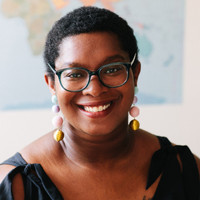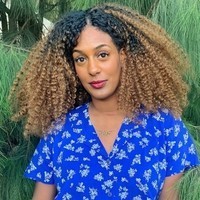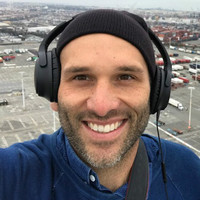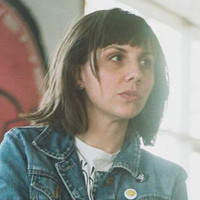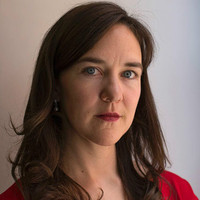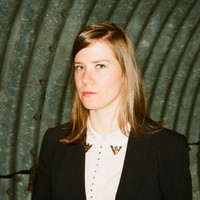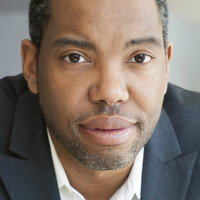Nitasha Tiku is a senior writer at Wired.
“I’ve always been an incredibly nosy person—not nosy, curious. Curious about the world. It just gives you a license to ask any question, and hopefully if you have a willing editor, the freedom to see something fascinating and pursue it. It was just a natural fit from there. But that also means I don’t have the machismo, ‘breaking news’ sort of a thing. I feel like I can try on different hats, wherever I am.”
Thanks to MailChimp and Credible.com for sponsoring this week's episode.


